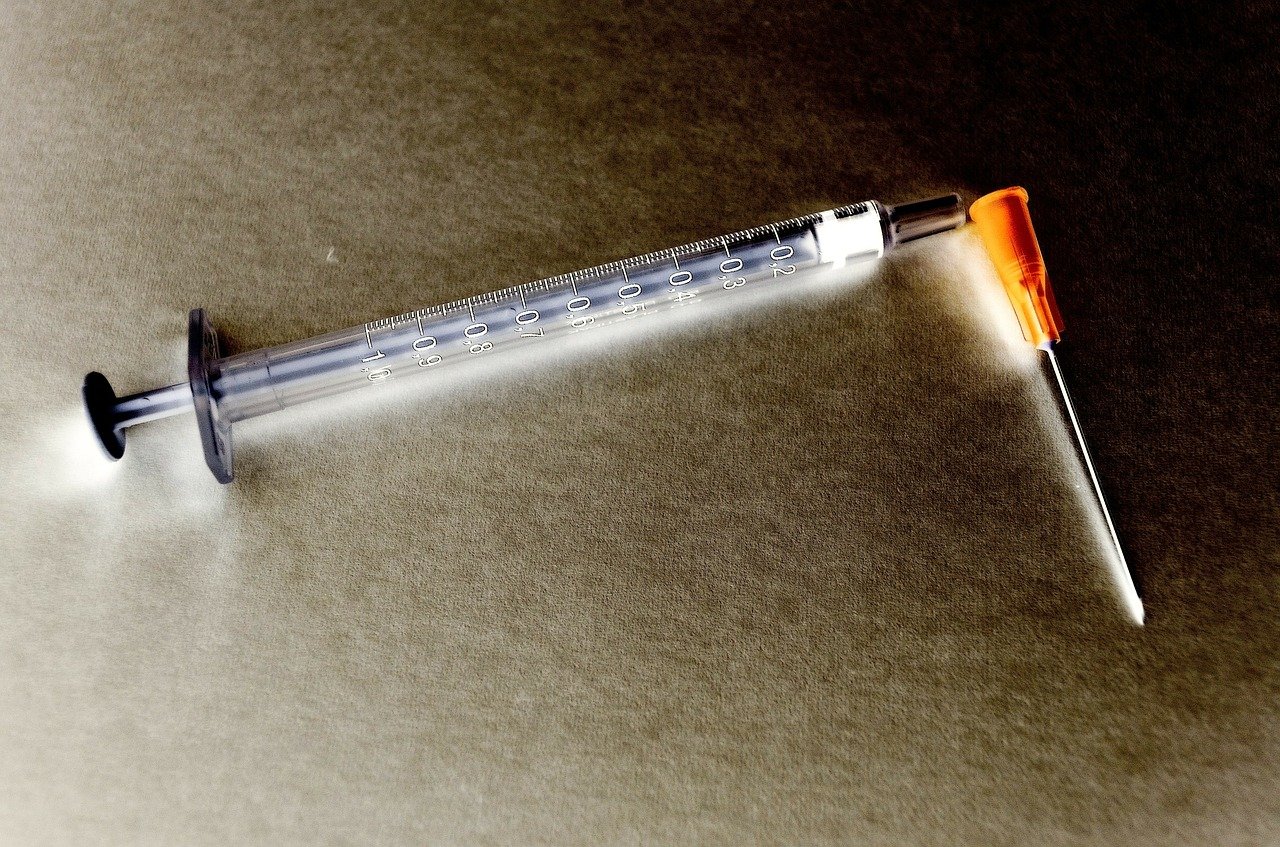
People with a history of allergic reactions should not take Pfizer's coronavirus vaccine, according to the U.K. drug regulator.
The U.K’s Medicines and Healthcare products Regulatory Agency issued an updated version of its guidance to British health service trusts on who must take the vaccine after two members of Britain’s National Health Service had allergic reactions to Pfizer's vaccine.
“Any person with a history of a significant allergic reaction to a vaccine, medicine or food (such as previous history of anaphylactoid reaction or those who have been advised to carry an adrenaline autoinjector) should not receive the Pfizer BioNtech vaccine,” the regulatory agency said.
Stephen Powis, national medical director for the NHS, explained that such a precaution “is common with new vaccines.”
“We know from the extensive clinical trials that this was not a feature, but if we need to strengthen our advice now that we have had this experience in vulnerable populations, the groups selected as a priority, we get that advice to the field immediately,” Dr. June Raine, head of the MHRA, told a U.K. government select committee on Wednesday.
Dr. William Schaffner, a professor of infectious diseases at Vanderbilt University Medical Center, pointed out that vaccine trials do not usually include people with chronic underlying health conditions or those who may have severe allergic reactions.
The allergic reactions should not hinder the vaccine’s authorization, he stressed. Such issue is one of those that the committee “deals with routinely because lots of vaccines are associated with allergic reactions in some small percentage of the population,” he said.
“They may indeed try to exclude certain people for a period of time, or make the recommendation that every vaccination site have equipment in place so that they can deal efficiently with allergic reactions,” he said. “They may make the recommendation that people should be observed for a short period of time after their vaccination.”
He believes that it shows that “the system is working and working very efficiently because we would do exactly the same thing here in the U.S.”
Meanwhile, the U.K. has already authorized the Pfizer-BioNTech coronavirus vaccine for emergency use. The U.K. government is believed to be the first worldwide to officially approve the Pfizer-BioNTech vaccine for public use, and it means Britain will be one of the first countries to start vaccinating its people.
“The government has today accepted the recommendation from the Independent Medicines and Healthcare products Regulatory Agency (MHRA) to approve Pfizer-BioNTech’s Covid-19 vaccine for use,” the government said Wednesday. “The vaccine will be made available across the U.K. from next week.”
Pfizer’s Chairman and CEO, Albert Bourla, described the authorization as a “historic moment.”
“This authorization is a goal we have been working toward since we first declared that science will win, and we applaud the MHRA for their ability to conduct a careful assessment and take timely action to help protect the people of the U.K.,” he said.






